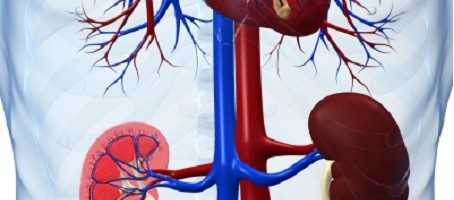A urine test has been developed to identify children and young people with type 1 diabetes at risk of kidney and cardiovascular disease .
Researchers from the University of Cambridge, led by Professor David Dunger, reviewed a range of risk markers for kidney and heart disease of 3,350 teenagers, aged 10-16, with type 1 diabetes. Amongst the measurements taken was a test for levels of the protein albumin in the urine.
Results of the study showed that participants with the highest albumin levels, in the top 30%, had additional risk markers of heart and such as reduced kidney function (eGFR) and higher cholesterol levels. It should be noted that the teenagers with the highest levels of albumin in the urine still had levels within the range considered normal.
The researchers will next aim to show whether cholesterol and blood pressure drugs, such as statins and ACE inhibitors, could help prevent heart disease and kidney disease in the adolescents with diabetes shown to be more at risk.
The study is part of the AdDIT (Adolescent Type 1 Diabetes Cardio-Renal Intervention Trial) study which is supported by the charities Diabetes UK, JDRF and the British Heart Foundation and pharmaceutical company Pfizer, which makes the statin drug Atorvastatin and the ACE inhibitor Quinapril.
What's new on the forum? ⭐️
Get our free newsletters
Stay up to date with the latest news, research and breakthroughs.








